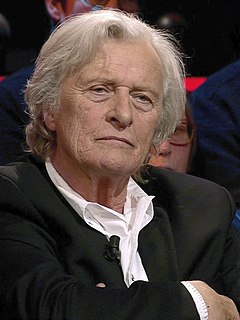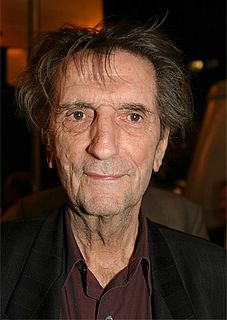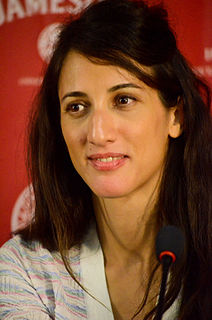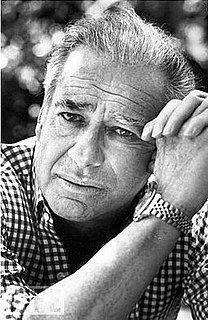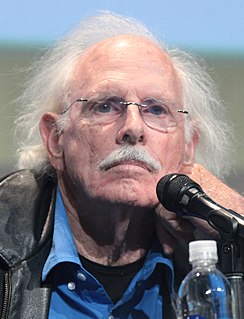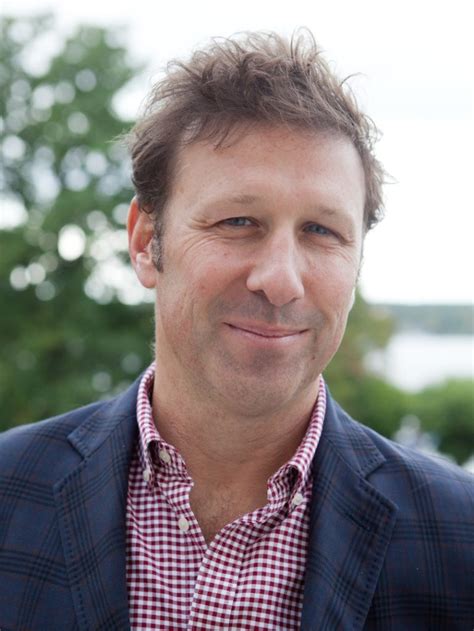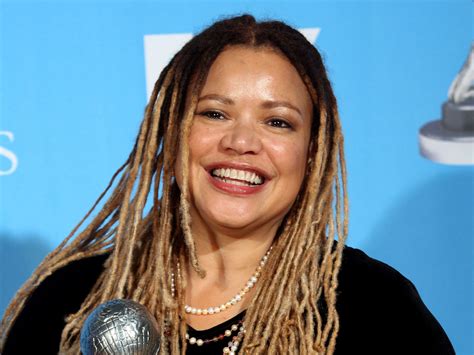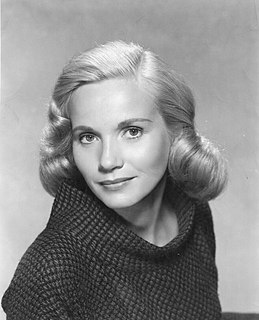A Quote by Michel Hazanavicius
I guess all the directors in France are influenced by Hitchcock, because he's the perfect visual director, in my eyes.
Related Quotes
I think one third of my work is with first-time directors because I think I should, you know? Really, the difference between a first-time director and a second- or third-time director - I mean there's no director who makes enough movies anyway - but if they're talented, they have it. And there is no movie that is perfect.
I studied Hitchcock and Josef von Sternberg under Richard Dillard at Hollins, and that year under his tutelage just completely rewired my brain. Both directors combine moral seriousness with great artistry and, certainly in Hitchcock's case, an enormous respect for plot, for its power to enthrall and delight.
Usually in theater, the visual repeats the verbal. The visual dwindles into decoration. But I think with my eyes. For me, the visual is not an afterthought, not an illustration of the text. If it says the same thing as the words, why look? The visual must be so compelling that a deaf man would sit though the performance fascinated.
The biggest challenges are always getting into the rooms that you need to get into and having people open to the types of stories that I want to tell. And I feel that just being a female director and doing that is a big deal in this country. On my third movie I worked with a French DP. I asked him has he ever worked with a woman director before? He said in France a third of directors are women; so you can’t avoid them. So I realized that the US is behind.

